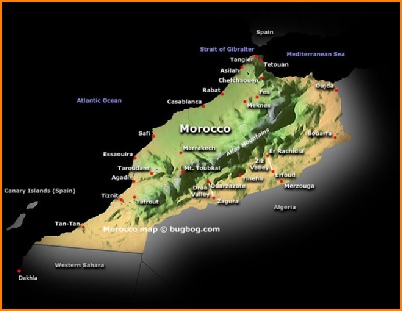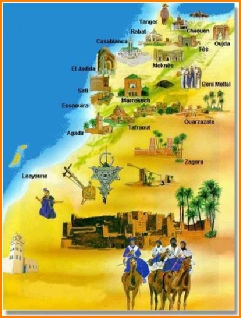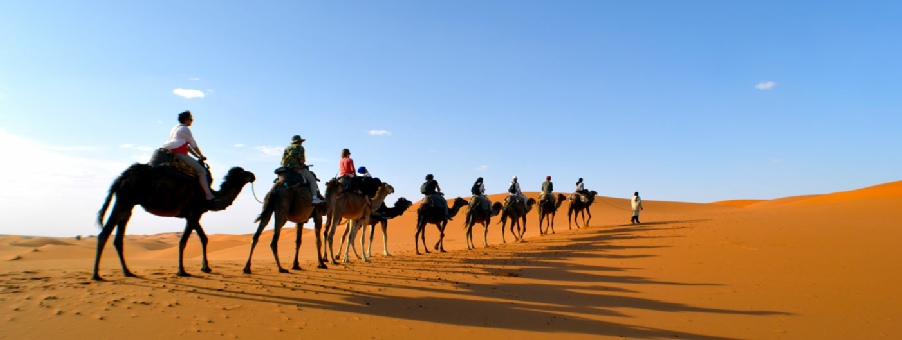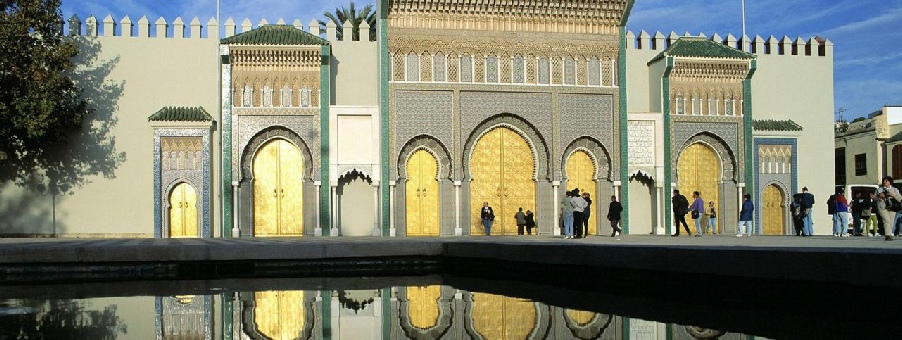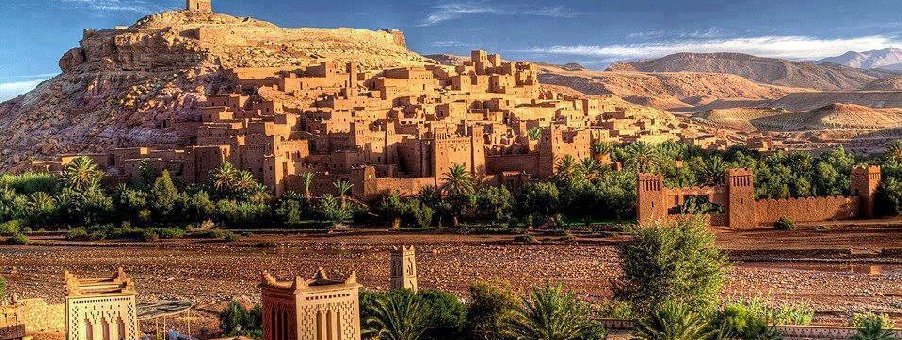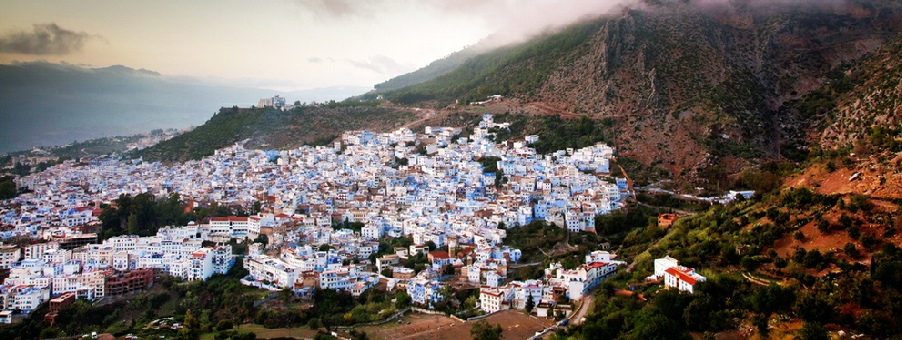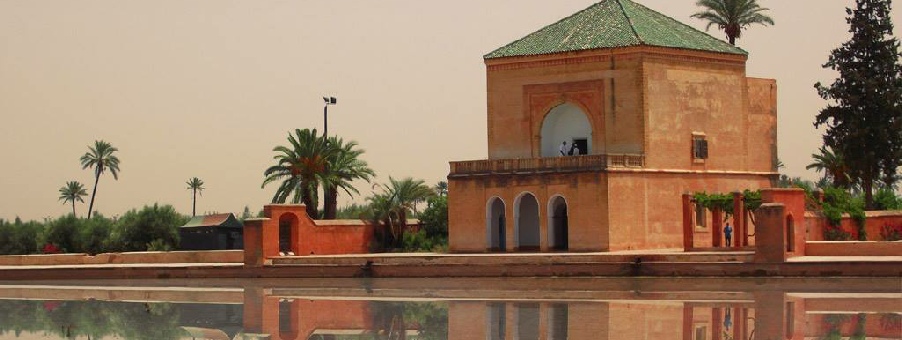
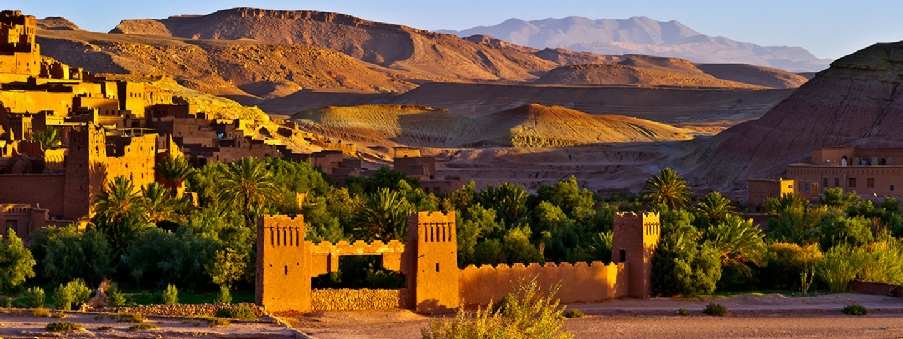
MOROCCO
Morocco is a North African country bordering the Atlantic Ocean and the Mediterranean Sea, is distinguished by its Berber, Arabian and European cultural influences.
Marrakesh’s walled medina, a mazelike medieval quarter, offers entertainment in its Djemaa el-
The capital Rabat’s Kasbah of the Udayas is a 12th-


















Copyright © 2017 All rights reserved





Private Morocco Tours from Marrakech, Fez , Casablanca




Private Day Trips and Camel Trekking in Sahara desert

MOROCCO


















MARRAKECH PRIVATE TOURS | FEZ PRIVATE TOURS | CASABLANCA PRIVATE TOURS | MERZOUGA CAMEL TREK | DESERT CAMP


MOROCCO COUNTRY INFO


Location:
Morocco is in Northern Africa and bordering the North Atlantic Ocean and the Mediterranean Sea.
Land Boundaries:
Algeria 1,559 km, Western Sahara 443 km, Spain (Ceuta) 6.3 km, and Spain (Melilla) 9.6 km.
Geography:
Size 446,550 sq km, slightly larger than California, US. Morocco enjoys a Mediterranean climate, becoming more extreme in the interior. The northern coast and interior are mountainous with large areas of bordering plateaus. The rest of the country consists of inter-
Population:
Just over 32 million people live in Morocco. Life expectancy is around 70 years. The birth rate is on average 2.8 per woman. The literacy rate is 64% for males and 39% for females.
Languages:
Arabic (official), Berber dialects, and French which is often the language of business, government, and diplomacy.
Ethnic Groups:
Arab-
Religion:
Muslim 98.7%, Christian 1.1%, Jewish 0.2%.
Brief Political History:
Morocco's long struggle for independence from France ended in 1956. The internationalized city of Tangier was turned over to the new country that same year.


When to Go to Morocco
As with many destinations, the weather usually determines the best time to travel to Morocco. During the winter months, from November to March, it can get quite cold and rainy especially in the Atlas mountains. Click here for average temperatures for all major towns and tourist destinations in Morocco. If you are leaving soon, check today's temperatures in Rabat, Marrakech including also Agadir .
The peak tourist season in Morocco in July and August. If you want to avoid the crowds and the heat, travel before or after this time. If you are traveling during these months then be sure to make some of your hotel bookings in advance especially along the coasts.
Health and Safety :
Luckily Morocco is basically malaria-
Immunizations
No vaccinations are required by law to enter Morocco but Typhoid and Hepatitis A are two vaccinations that are strongly recommended. It is also a good idea to be up to date with your polio and tetanus vaccines.
Currency
The Moroccan unit of currency is the dirham which is divided into 100 centimes. There are ATM's throughout Morocco in all of the major cities and most towns. Credit cards are accepted at most of the higher end hotels, restaurants and shops. You can change money and traveler checks at all major banks, bureau de change, and some hotels.
Holidays
The biggest event on the Moroccan calendar is the month of Ramadan, during which Muslims fast during the daytime and break the fast at sunset. Most restaurants are closed for lunch (with the exception of those catering specifically to tourists) and things generally slow down. Travelling during this time is entirely possible, and the restrictions don't apply to non-
